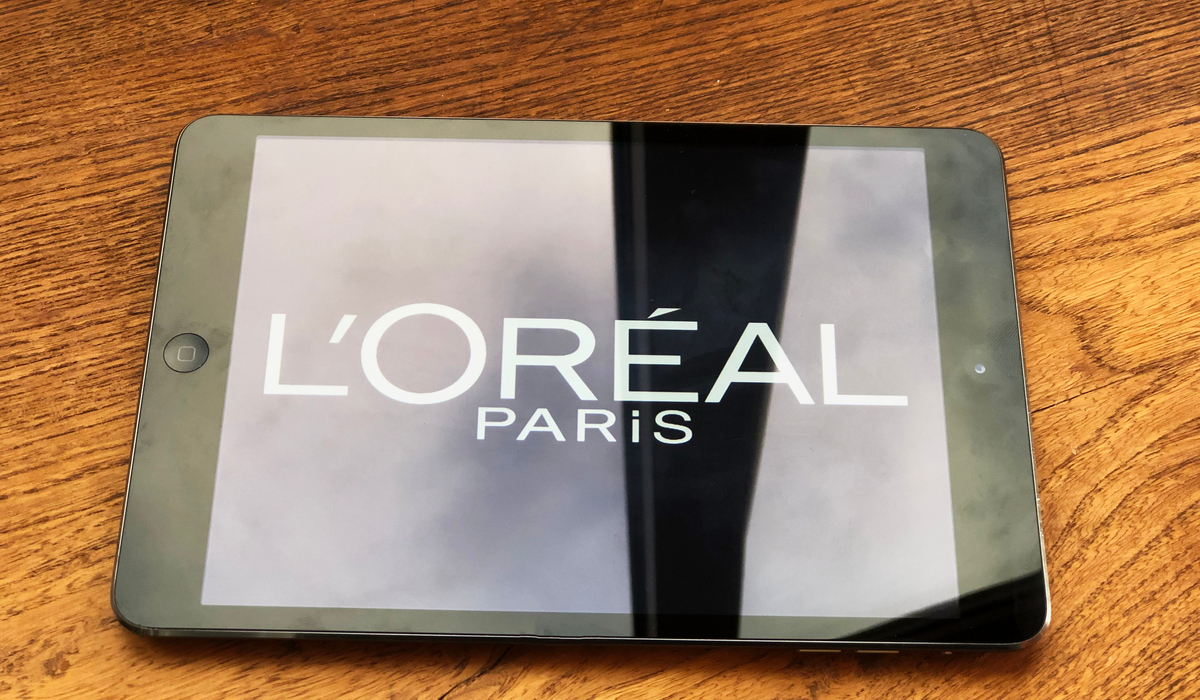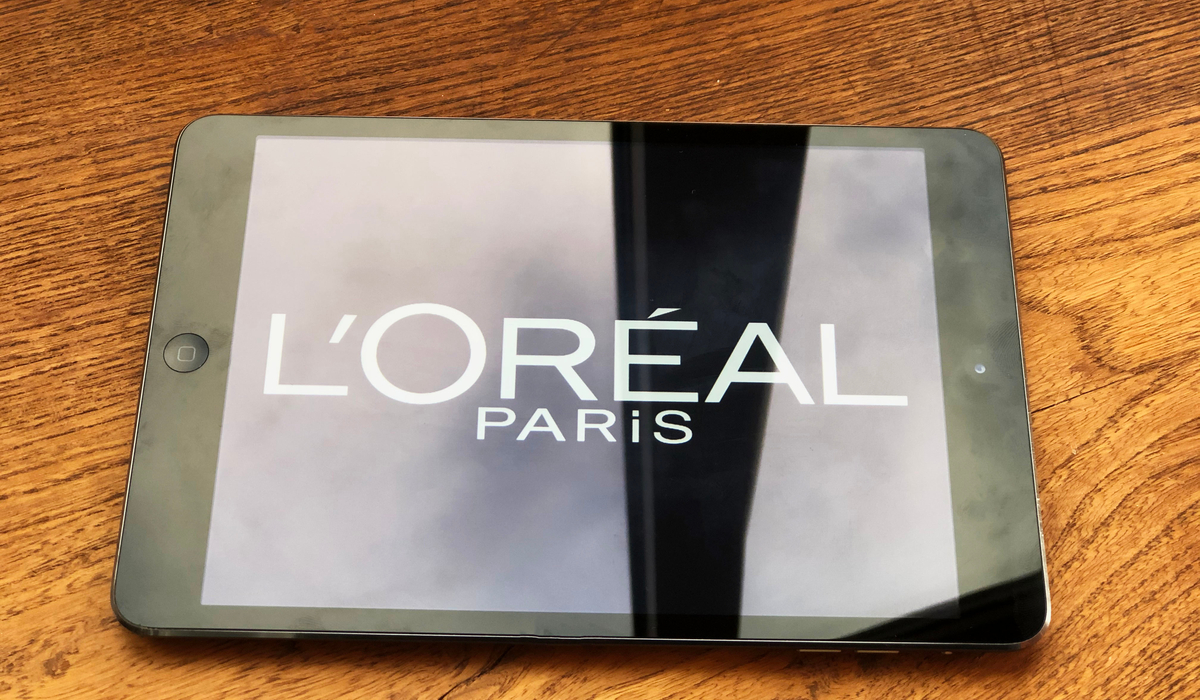
In the UK, ecommerce sales have increased 71% since March, with Rochet noting that “if ecommerce was a country it would be our biggest country”.
“Digital has helped us weather the storm of Covid-19 and we are more ahead than we could have predicted,” she said. “Covid-19 is the biggest accelerator of digital capabilities but also the biggest stress test.”
While many brands pulled back on marketing spend when Covid-19 hit and countries started going into lockdown, L’Oréal instead shifted its spend. At the peak of the crisis, it was spending 77% of its media investment on digital.
“Many companies decided to go dark on media, we continued to move swiftly from offline to online,” Rochet explained. She believes that decision to keep communicating “strengthened our relationships with consumers and allowed us to have lots of conversations”.
L’Oréal’s transformation journey
While Covid-19 might have accelerated digital transformation, L’Oréal has been on this journey for a number of years. That has included recruiting 3,000 digital experts across the group with the intention this would upskill current staff to think digital first.“Upskilling has been a very key part [of L’Oréal’s digital journey]. We are now a digital-first company building from the ground up. You have to be obsessed about measurement, excellence and communication,” she stated.
Looking to the future, Rochet said the most important aspect of marketing will be “the construction of beauty and entertainment”.
She explained: “Gaming and livestreaming are rewriting the world of beauty shopping from Gen Z and beyond. This is QVC on steroids, this is social commerce.”
As part of this, the company is trying to appeal more to social media users. Just this month, it launched a digital-only make-up brand for consumers that could be used on Snapchat filters and TikTok.
Lire l’article complet sur : www.marketingweek.com



Leave A Comment